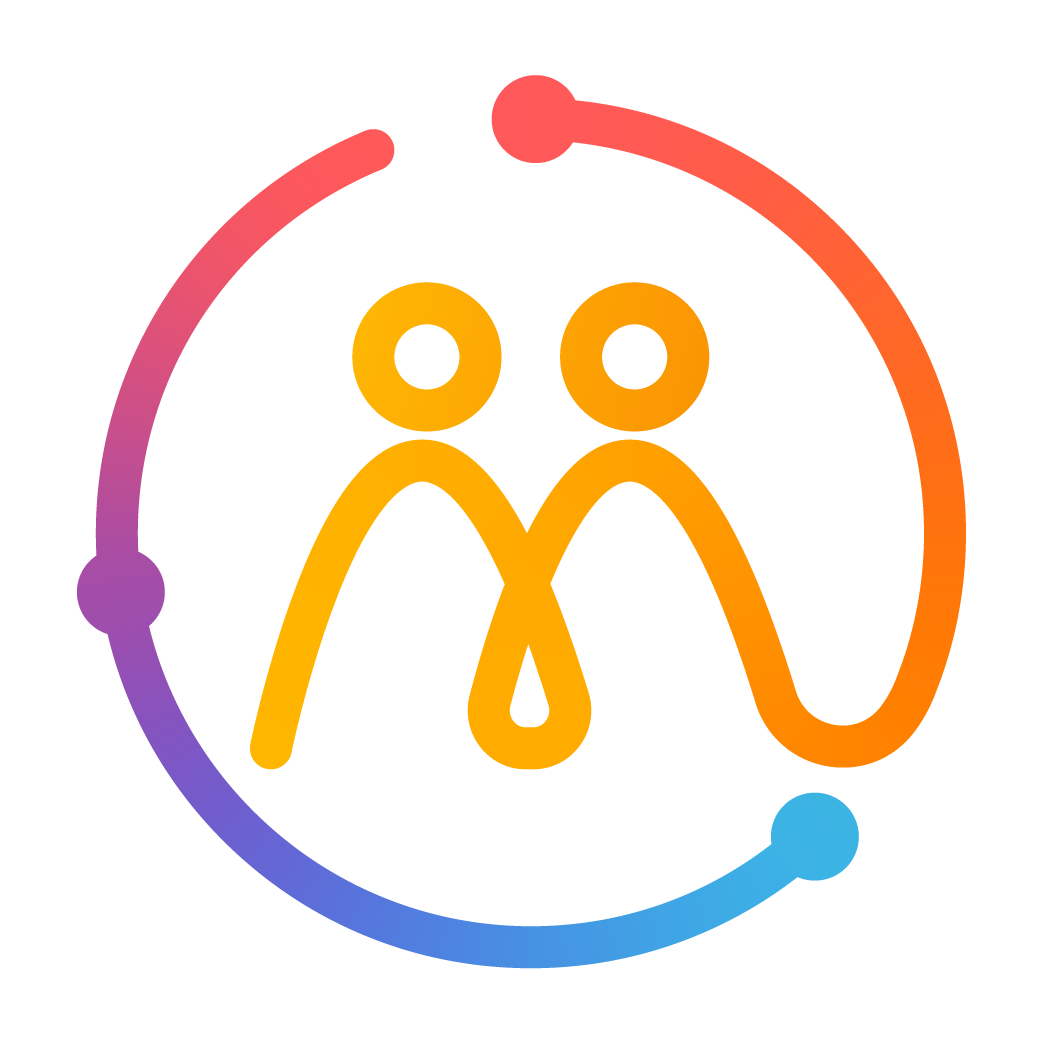When your parent’s memory starts slipping, forgetting what day it is, losing track of time, it can be worrying, confusing, and emotionally heavy to watch.
This isn’t just forgetfulness. It's temporal and spatial disorientation, a common experience for people in the early stages of dementia. Here’s how to recognize it, and support your loved one with compassion and clarity.
What is temporal and spatial disorientation?
Temporal disorientation: losing a sense of time, missing the date, mixing up yesterday and tomorrow, or wondering why they’re doing something now instead of yesterday.
Spatial disorientation: feeling lost or uncertain in familiar places, forgetting where the bathroom is, struggling to recall daily routes, or wandering halfway through a walk.
These challenges are signs of cognitive shifts, more frequent, more persistent, and emotionally disruptive.
Why it happens
When memory and orientation begin to slip, the brain struggles to anchor everyday routines:
Dates and times no longer feel solid. What used to be automatic becomes confusing.
Routines lose clarity, leaving them anxious or unsure.
Familiar places feel unfamiliar, increasing one-on-one checks and misunderstandings.
How to ease the confusion
Here are gentle strategies you can start using today:
1. Engaging reminders
Use visible, scheduled prompts, like a clock display or pill reminder, to create clear signals without feeling invasive.
2. Consistent routines
If meals, medication, and bedtime happen at the same times every day, your loved one gets reassurance from rhythm and predictability.
3. Daily orientation checks
A morning note or message like “Today is Wednesday, date is...” helps anchor them in time and space, reducing anxiety.
4. Visual cues around the home
Labels on doors, calendars in common rooms, or a simple whiteboard can help reinforce wayfinding and preserve dignity.
How Idem supports all of this
Idem’s system is designed to help rebuild orientation and routine, without making your loved one feel “watched”:
| Feature | How it helps |
|---|---|
| Reminders | Provide calm, visual, and voice prompts at the right moment |
| Notes | Allow you to leave a daily summary or important message |
| Events | Help them track upcoming appointments or familiar schedules |
| Messages | Share a treasured memory or a glimpse of your daily life |
| Free Companion App | Schedule everything from anywhere, with confirmations when they see or act on it |
Don’t feel pressure to set everything up at once. At this early stage, the little moments matter most: clarity, calm, connection. You’re learning, adjusting, and staying present. With gentle strategies and supportive tools like Idem, you can help your loved one feel more grounded today, and be better prepared for tomorrow.




Share:
Welcome to Idem’s Caregiver Resources Blog
What to Do After a Dementia Diagnosis: 10 Essential Steps for Care Planning and Support